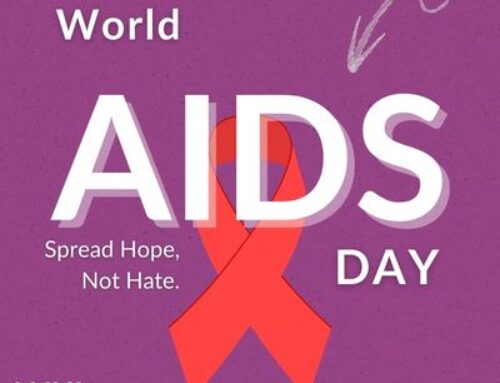Sometimes health symptoms clear up on their own, but sometimes they are a sign of a more serious, chronic health condition. If symptoms continue or resolve themselves only to come back, it’s crucial to seek medical attention to obtain a proper diagnosis. Even if a person is diagnosed with a chronic health condition, many new treatments are available today that allow individuals to lead long and productive lives.
Washington Health Institute offers comprehensive, expert infectious disease diagnosis and management in their Washington D.C. office. Whether you were diagnosed long ago, newly diagnosed, or need a diagnosis, we can help.
Chronic Hepatitis C

Some people may become ill with an acute case of the viral infection, Hepatitis C. Since this infection often produces little to no symptoms, an infected person may not even know they are ill. In some cases, an acute infection will clear up on its own, whereas for others, their acute Hep C infection becomes chronic. This latter group may eventually experience liver problems ranging from scarring of liver tissue (cirrhosis) to complete liver failure, especially if their condition remains untreated.
Chronic HIV
Treatments for HIV have come a long way in recent years. Today, antiretroviral drug therapies may allow a person to remain in the chronic stage for decades before advancing to full-blown AIDS. Those who diligently practice good health habits, including taking their prescribed medication, may experience few to virtually no symptoms. In fact, if their viral load is low enough to be undetectable, they may not even be able to pass HIV to an HIV-negative partner through unprotected sex.
Chronic Bladder or Urinary Tract Infections
Some people are genetically predisposed to having chronic bladder or urinary tract infections. Others may have bladder or kidney stones which can lead to an environment more conducive to infection. Others are going through menopause-related hormonal changes, or they may have diabetes which can lead to excess glucose in the urine, which furthers the growth of yeast.
Primary Care Management
When people experience the pain and frustration of chronic infections, it’s important to reach out for help as soon as possible. The sooner a patient meets with their primary care physician, the sooner they can receive a diagnosis and begin a treatment plan. By continuing to follow the recommendations from their physician, patients will see a decrease or even an elimination of symptoms. They will likely be able to avoid some of the more serious complications that often arise from an untreated infection.
Whether you need infectious disease diagnosis and management or primary care, we are here for you. To schedule a consultation with a Washington Health Institute physician or provider, contact us at 202-525-5175. We are happy to meet with you, discuss your diagnosis and create a treatment plan that works with your lifestyle and needs.





